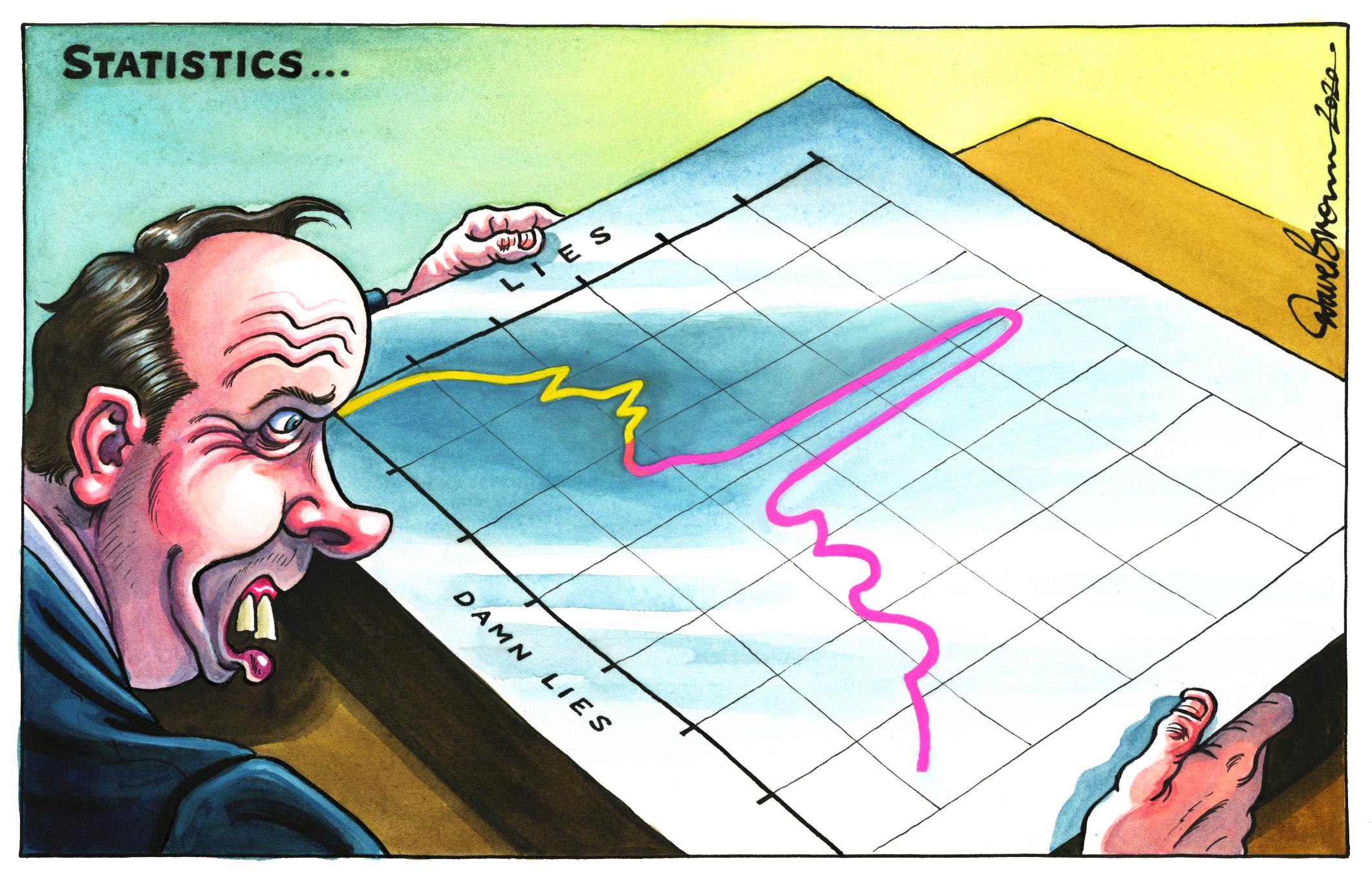The coronavirus app needs to be proven before we start lifting the lockdown
Editorial: Failure on the app, for whatever reason, would severely damage the government’s testing strategy

The 140,000 or so citizens of the Isle of Wight are being asked to balance their rights to privacy with their health and their duty to serve their country. For they are to be the pilot scheme for the NHS coronavirus tracking app.
Upon their experience and feedback will rest the success of the “test, track, trace” strategy (and its variants in Scotland and Wales) across the whole of the UK – and thus the success in the battle against Covid-19. Never has so much been owed by so many to so few, on the Isle of Wight. (Or at least if the app works.)
The health and social care secretary, Matt Hancock, is only one of many ministers lavishing praise on this part of Hampshire, and he is at pains to reassure everyone concerned that there are no threats to civil liberties. The only way in which personal data stored locally on a smartphone would be shared with Big Brother is if the individual wanted to be tested for coronavirus and volunteered to surrender the information.
Unlike past privacy controversies about ID cards, the email “snoopers’ charter”, CCTV and facial recognition, there is nothing compulsory or unavoidable about the NHS app – anyone can choose not to download it. Indeed many people, especially older groups, won’t even have a smartphone to download it to, in which case older, analogue methods and shoe leather will be deployed to track possible coronavirus contacts.
On balance, and on a voluntary basis, downloading the app would seem the wise thing to do, given the threat to individuals, their families and the wider community – the patriotic duty Mr Hancock alludes to. The Isle of Wight will prove a useful, semi-contained experiment for the NHS software, and with no lasting damage to rights enshrined since Magna Carta. There are, however, other concerns.
The most obvious is whether the app will actually work. It is a little puzzling that the government chose to go its own way here, rather than buying in, say, the apparently robust system used in South Korea, or the joint EU effort to develop the software. The track record of British officialdom in delivering fully functioning IT systems at cost and on time is poor. Developing an app should prove simpler than digitising health records or administering universal credit, but still...
Failure on the app, for whatever reason, would severely damage the government’s testing strategy. Already it looks to be understaffed, and without tech support will need even more human beings on the ground. The levels of infection are still far too high to move to the testing stage, and will need even longer to come down to meet the capacity of the testing infrastructure, which is still inadequate.
And yet there are moves to relax, albeit marginally, the lockdown. If anything, the lockdown should probably be tightened up in the short term, or at least until the Isle of Wight has done its bit for the nation and proved that a working tracking app is useful. The danger is that, having gone late into the lockdown and abandoned testing too readily, the government is about to ease the lockdown too early with no real ability to control the inevitable uptick in infections. We are in testing times.
Join our commenting forum
Join thought-provoking conversations, follow other Independent readers and see their replies
Comments